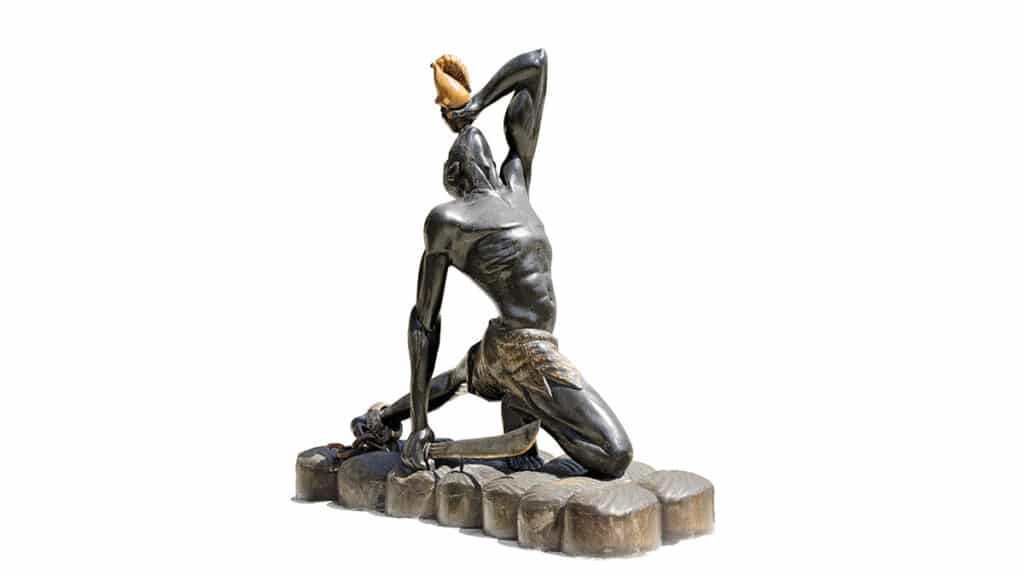Haitian Independence Day is January 1, 1804. Haiti’s national day celebrates the declaration of independence from France by revolutionary leader Jean-Jacques Dessalines.
Haitian independence was a historic human achievement. Haiti is the only nation in history founded by people who freed themselves from human slavery. It was the first Latin American country to gain independence.
White supremacist Europeans didn’t believe we could do it, but freeing ourselves changed the course of history. It was the beginning of the end of legal human enslavement. That is something to be very proud of.
The most surprising thing is that Haitian Independence is not acknowledged or taught in the United States. That’s a big fail because the roots of the racial reckoning in the United States now reach back to what happened once upon a time in the Caribbean.
Haitian Independence Was Messy
Yes, Haitian Independence is very complicated. Nobody is clean. The French model for the slavery of humans was sadistically violent and brutal. The Revolution in response was equally violent and brutal.
Le Negre Marron

There is a lot of meaning in this statue by Haitian architect Albert Mangonès (1967) in the center of the capital Port-Au-Prince. The image is made from a reproduction.
Le Negre Marron is a French term for a runaway slave. It literally means “The Black Brown.” That suggests African Indigenous which is what happened. In the Caribbean, human slavers only controlled the coasts and economic assets. Indigenous people hid from them in the mountains. Africans who freed themselves often joined them there.
In English, the word is Maroons. Maroons created settlements outside the control of the colonizers. There are Maroon traditions everywhere there was human enslavement. Some still exist as towns today.
The man is blowing a caracol, a conch shell. They produce low frequency sounds that travel very far. This was a way to raise the alarm.
The way you blow a caracol is the same way you blow a trumpet or other horn. Is this one of the roots of jazz? Haitian music certainly is. The Haitian Revolution caused a diaspora around the Caribbean to Cuba, Puerto Rico, Trinidad and New Orleans. By 1810, half the population of New Orleans was Haitian Diaspora. The diaspora reemphasized African syncopation traditions in the rumba-son-bomba-plena complex which evolved into what we now call Latin music.
The man holds a machete. Caribbean farmers can wield a machete like a scalpel. Colonizers feared it because they were afraid the Africans would do to them, what they had done to the Africans. That’s what happened.
The photographer described the sculpture as Haiti’s Statue of Liberty.
